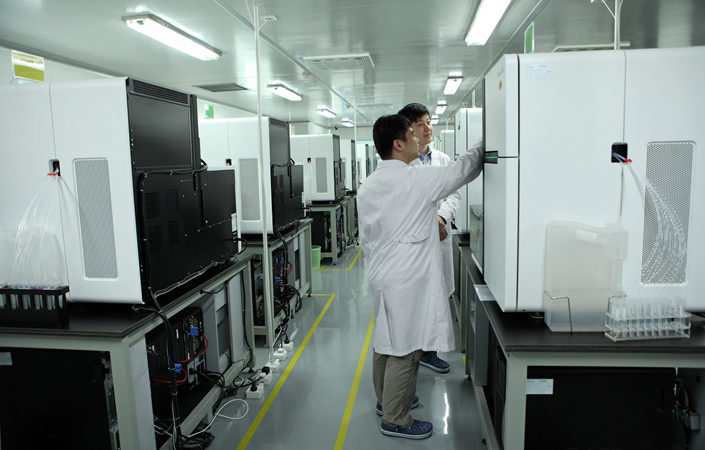Genomics, the exploration of genomes and their dealing with an assortment of stimuli, has been the focal point of a broad range of research and development activities in the last couple of years. Critical advances have been made, resulting in a better comprehension of genomes and their interactions with the environment.
One of the major growth drivers of the global genomics market is the heightened competition among players in the pharmaceutical industry worldwide and the expanded utilization of genomics in the discoveries of new and innovative drug classes. Besides being applied to human beings, genomics are also used to meet rising demand for genetically-modified animals and plants. The ongoing decline in the prices for genetic procedures also incentivizes the expansion of the scope of research and innovation, thereby fueling the growth and development of the global genomics market.
Currently, the U.S. and Europe lead other countries or regions in the field of genomics due to more research funding available. In addition, they have more companies engaged in the studies of molecular biology. For example, in the U.S., the Human Genome Project is tasked to understand the genetic factors in human diseases, allowing the formulating of new strategies for their diagnosis, treatment and prevention. In the U.K., the Genomics England 100,000 Genomes Project, initiated in 2012, aims to sequence 100,000 DNA codes of patients, leading to better, earlier diagnosis and personalized care for cancer, rare diseases and infectious diseases. Their genome data are linked to information about their medical conditions and records, all of which will be shared with researchers to enhance their understanding of the causes, treatment and care of diseases.
Asia is catching up, with China leading the charge. China launched in late December 2017 a human genome research project of 100,000 people from different ethnic groups and regions of the countries. One of the objectives is to find the links between specific genes and particular diseases like diabetes by creating a “health contrast” pool to gather genetic information from patients suffering from various diseases.





Healthcare in China